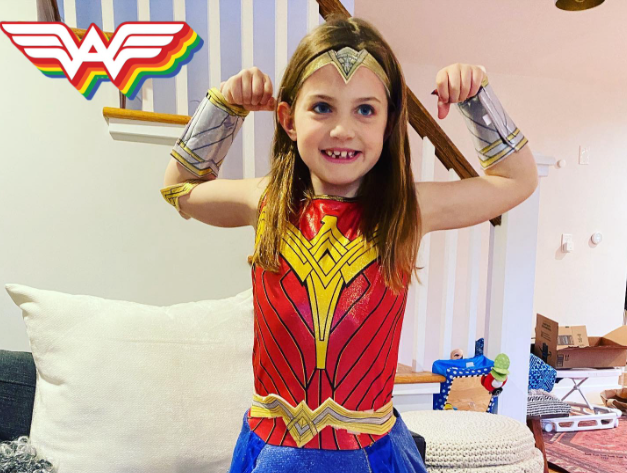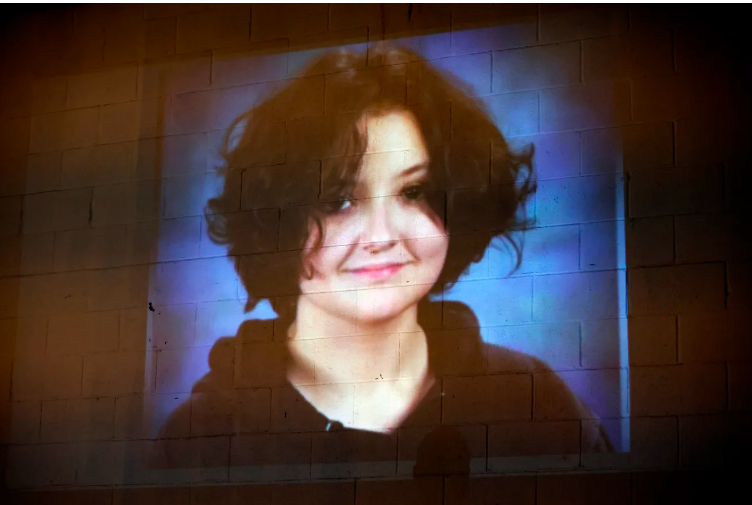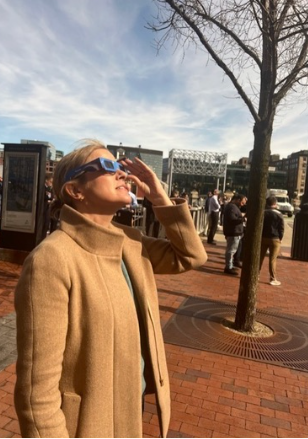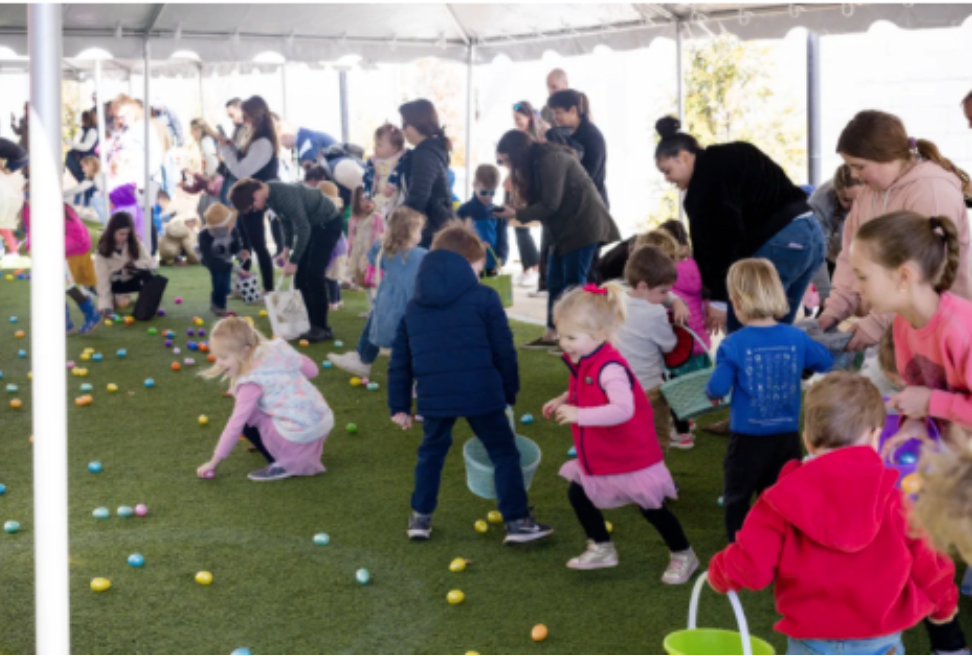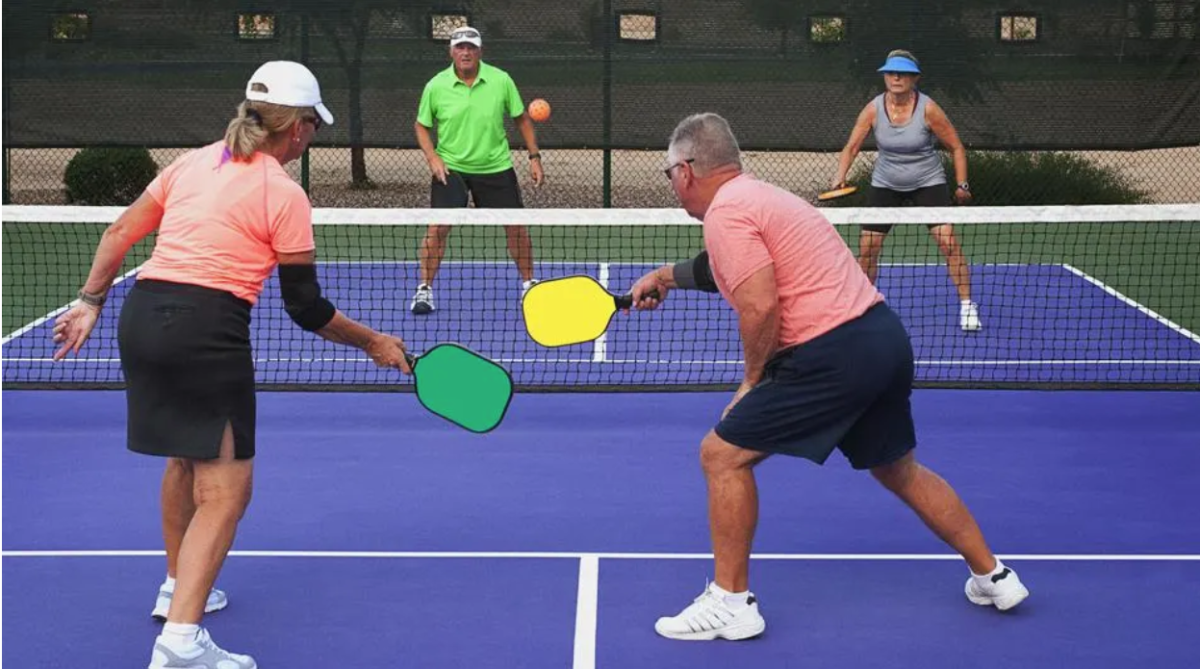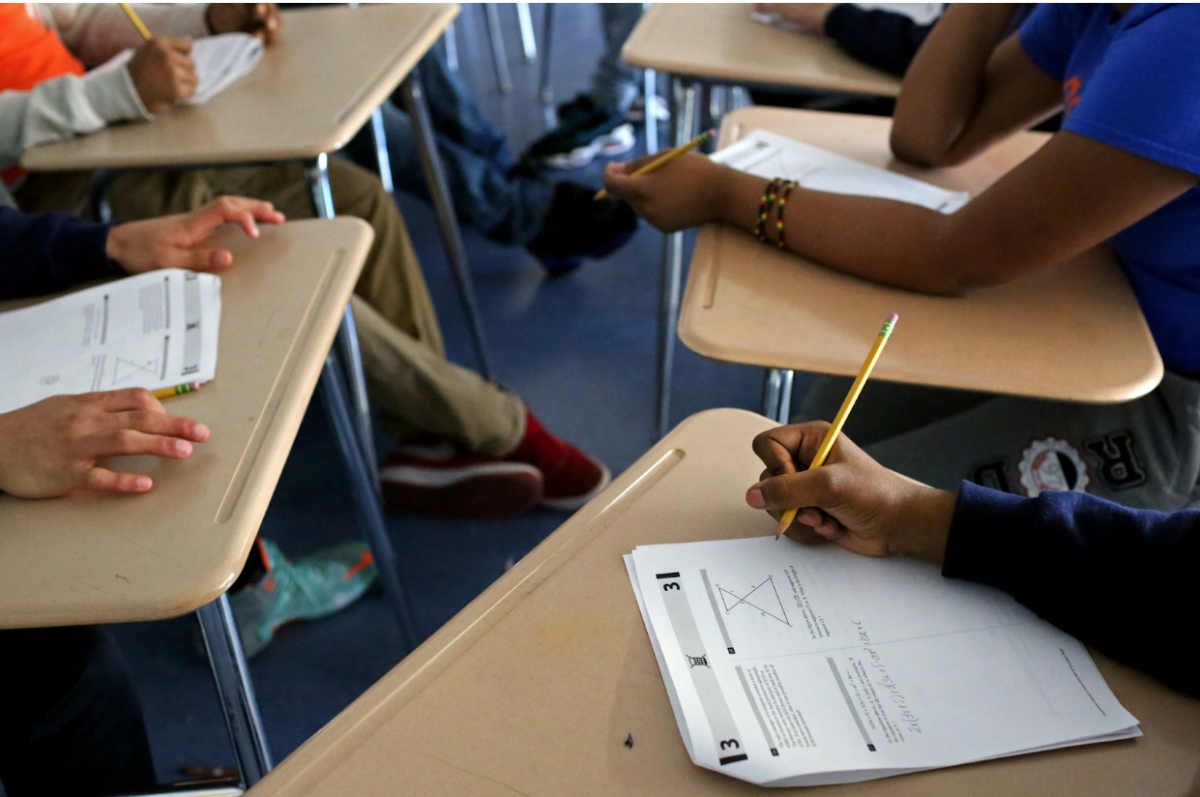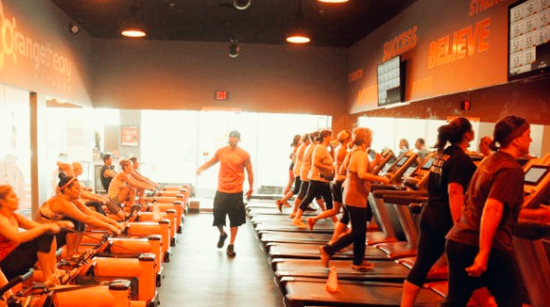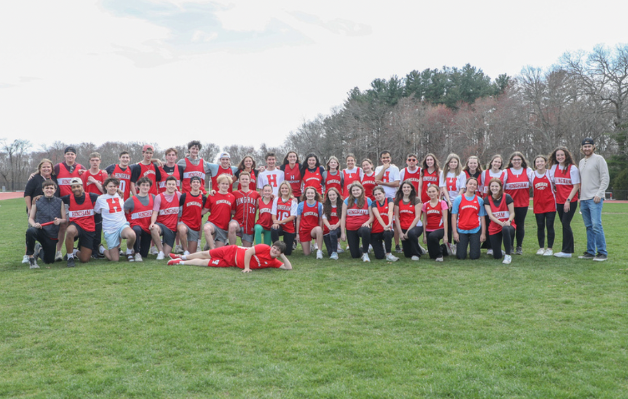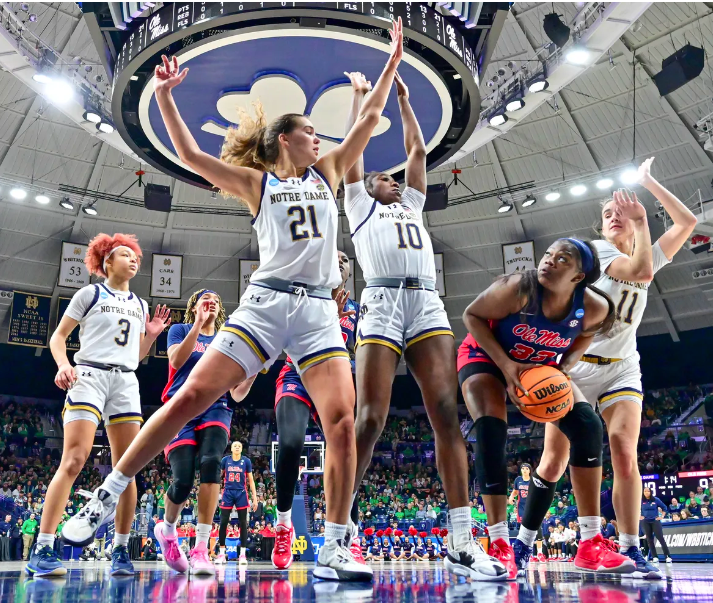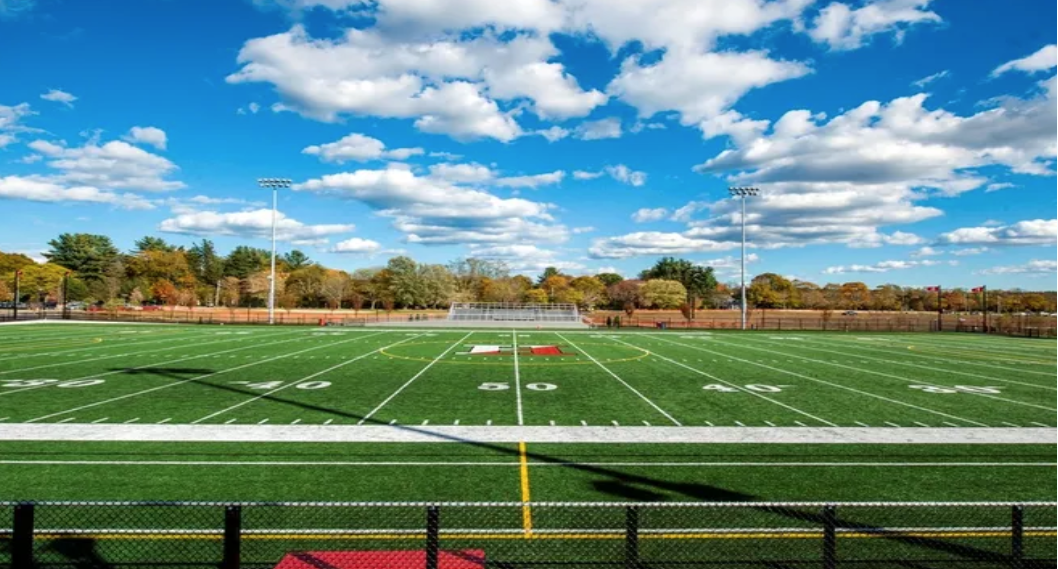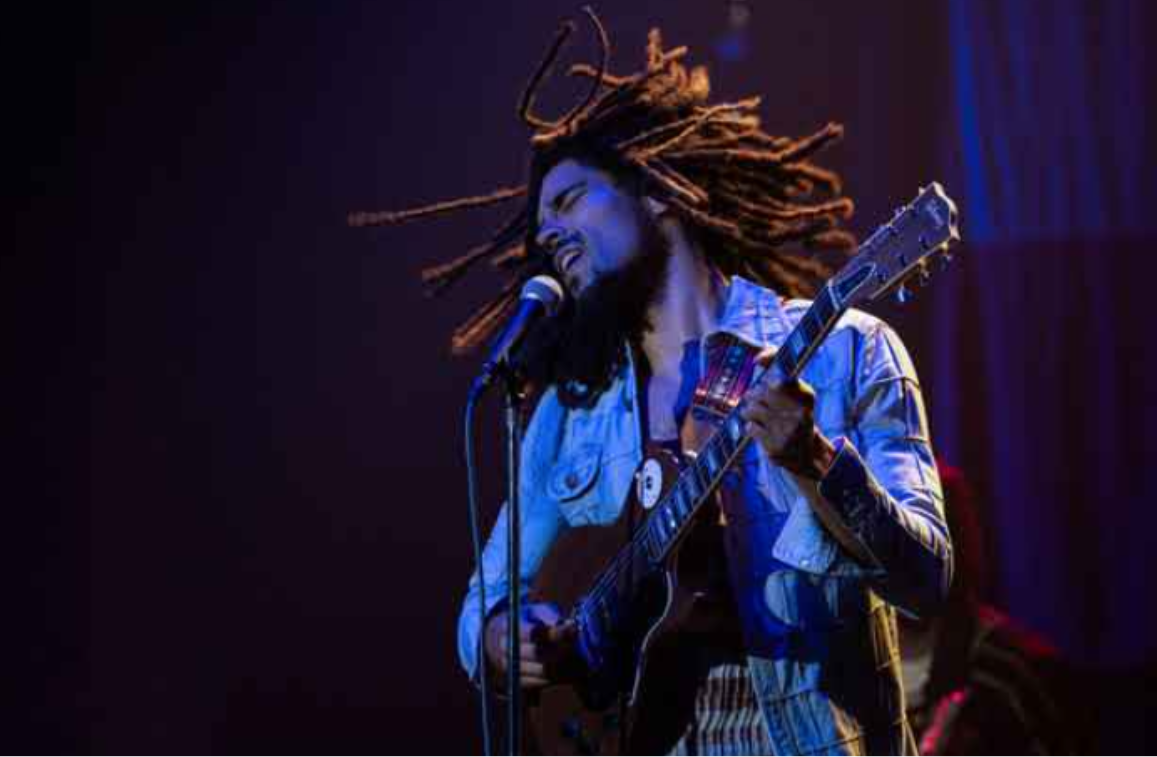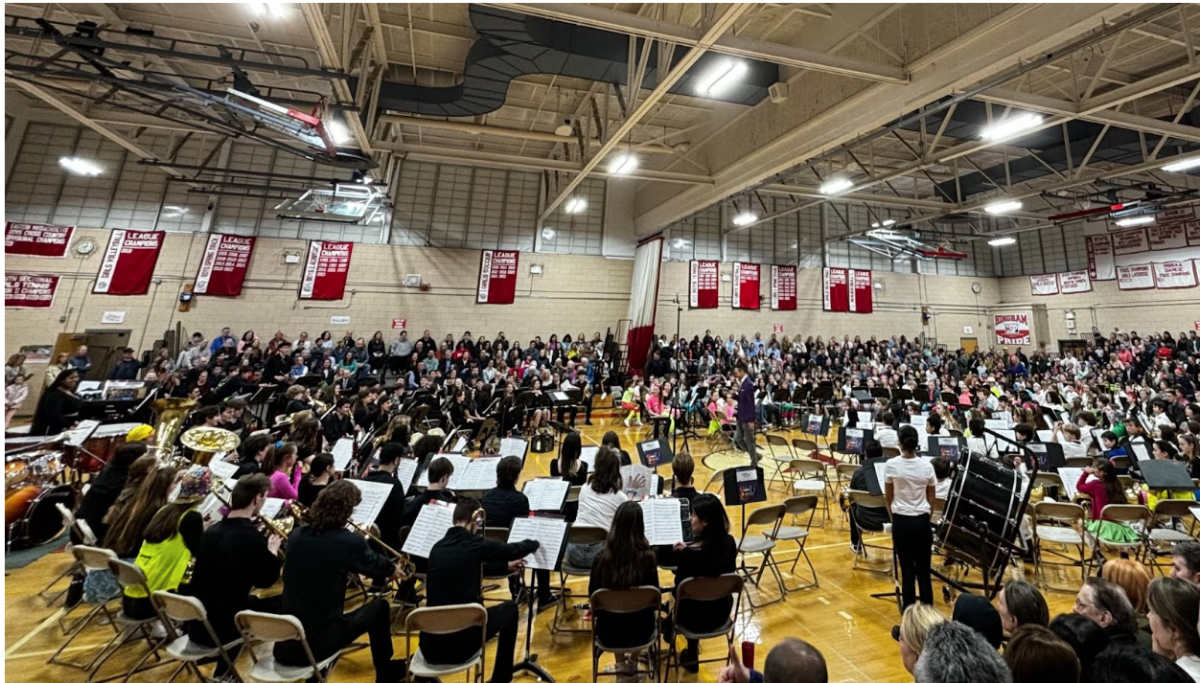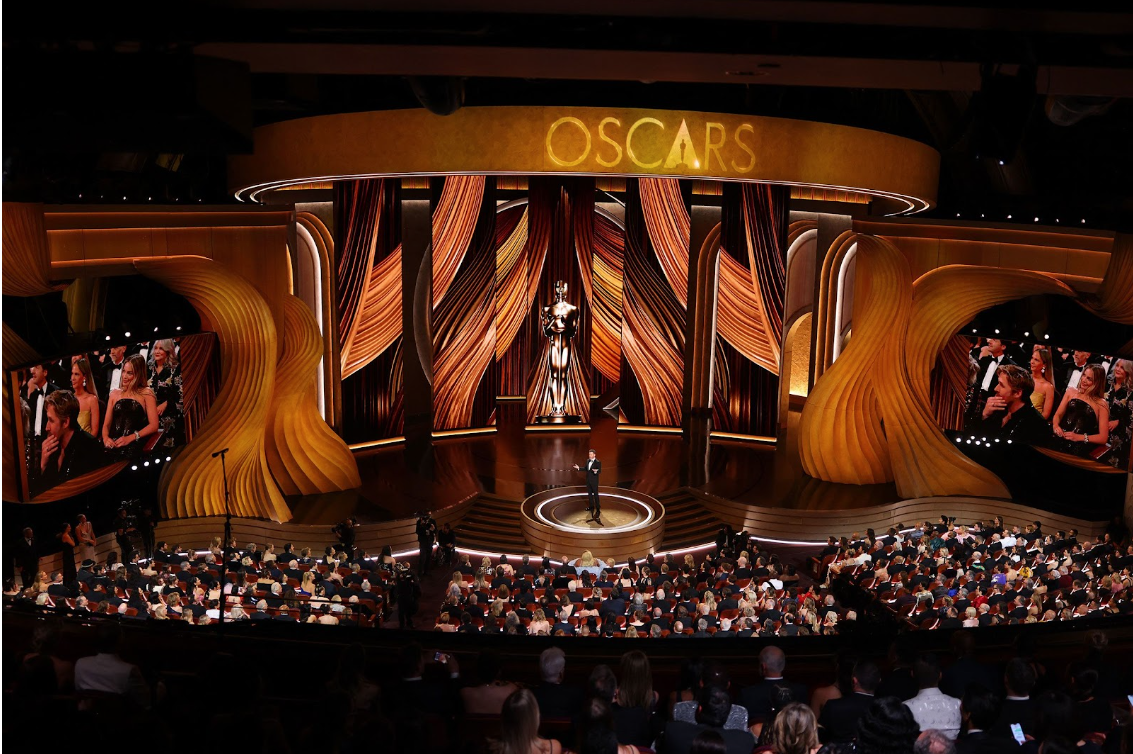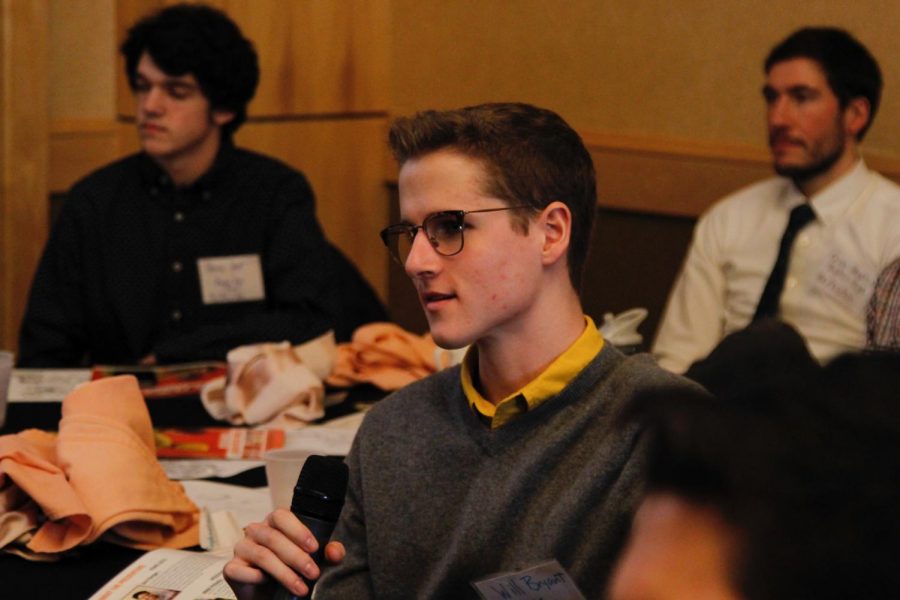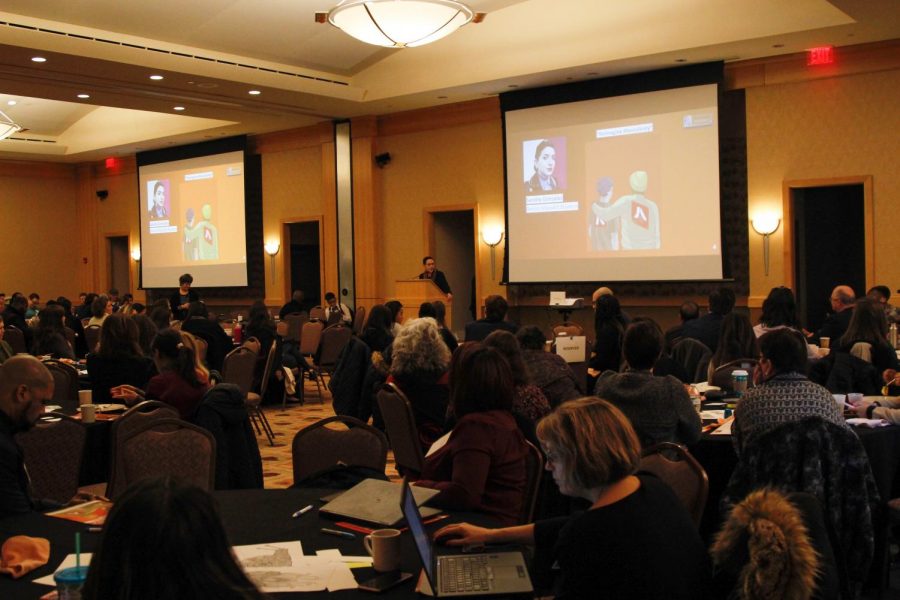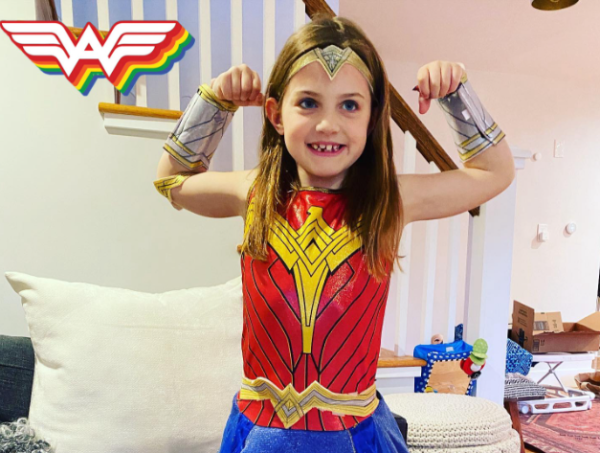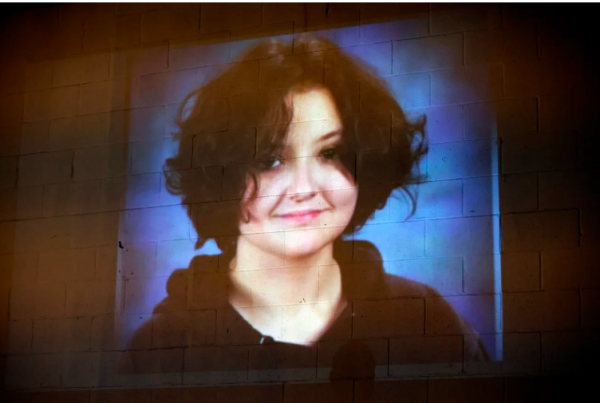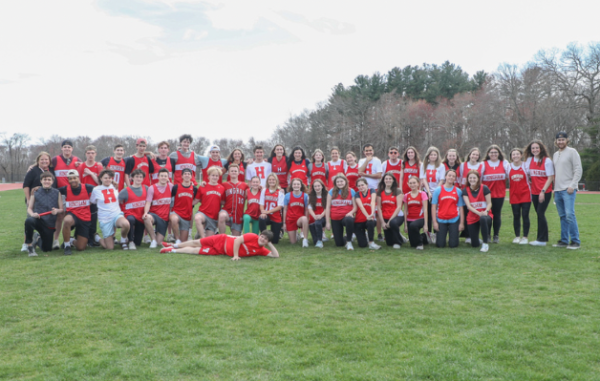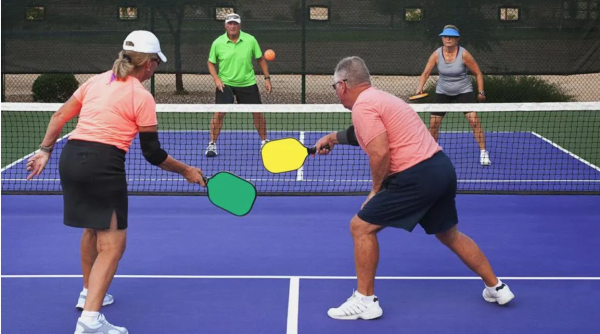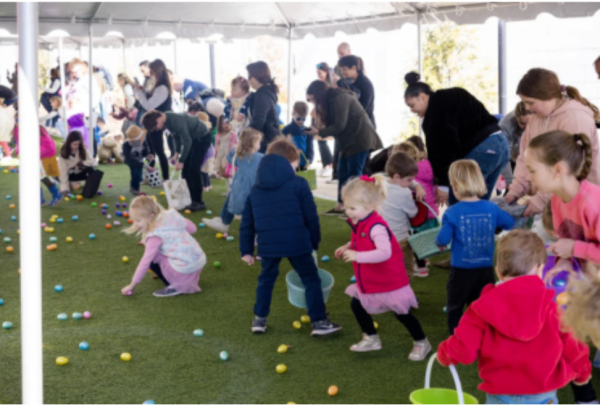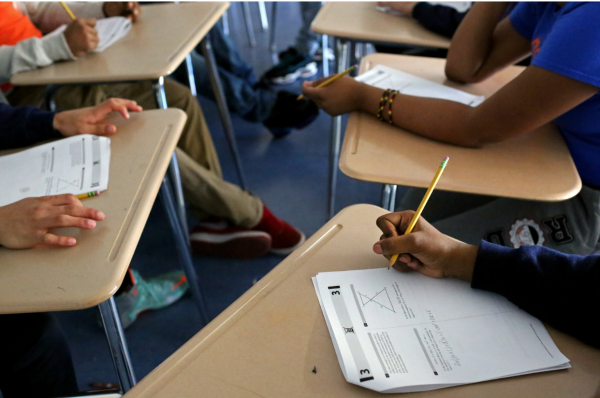Resolutions from the Reimagine Manhood Symposium
January 2, 2019
On December 14 at 7:00 AM, a small group of student-athletes from the Hingham High boys track team loaded into a bus headed for Worcester. Their destination was the Reimagine Manhood Symposium, an annual event hosted by the Massachusetts coalition against domestic violence, Jane Doe Inc. The symposium was structured around an idea clearly stated on Jane Doe Inc.’s website: “The solution to ending sexual violence and rape culture requires that men and boys be actively involved in promoting gender equity, racial justice, and healthy masculinity.” The ultimate goal of the annual symposium is to address some of the root societal causes of gender-based violence, namely, unhealthy conceptions and expressions of masculinity.
I was one of those student-athletes on the bus and was slated to later speak on a panel at the symposium. From the experience, our team emerged with new ideas for conceptualizing masculinity to bring into 2019.
At the convention center in Worcester, the audience- a mix of students, activists, and professionals in the area of gender-based violence- dined on breakfast before assembling in the conference room. The symposium began with an hour-and-a-half long speech by Tony Porter, a well-known public speaker and CEO of A Call to Men. Dispensing personal anecdotes, encouraging audience participation, and cultivating introspection for the males in the audience, Porter urged us to break out of the “man box”; that is, to connect with our emotions and consciously avoid excessive aggression and other expressions of hypermasculinity.
Porter has been lauded by GQ and other outlets for his TED talk “A Call to Men”, and this speech was similarly effective. Many of my teammates enjoyed his talk, with senior Spencer Thorne claiming, “It was my favorite part of the conference.”
After a break for lunch, we assembled for a panel discussion. The aforementioned Tony Porter, social worker and Project Director of Say Something Laura Penny-Edwards, Jane Doe Inc.’s Director of Programs Diana Mancera, Dre Vargas, Community Organizer at the Lawrence, MA Center for Hope and Healing, and myself were the speakers on the panel. The conversation was far-reaching, with some panelists sharing their personal struggles with defining their own masculinity or discussing how hyper masculine behavior has negatively impacted their lives.
Though our discussion covered everything from personal stories to messaging in a changing media landscape, it became clearer and clearer that at the very core of dissuading unhealthy masculinity is the need to cultivate empathy within men and minimize the aggressive expression of masculinity often taught to young men. When the panel concluded, we had discussed many problems with contemporary understanding of masculinity, but our closing statements were hopeful; though we came from wildly varying life experiences, we all agreed that our society is slowly evolving toward accepting healthier masculinity.
Bringing together like-minded individuals from diverse backgrounds was an incredibly valuable initiative. In a written statement to The Harborlight, Jane Doe Inc.’s Director of Communications, Toni Troop, explained that “The diverse, intergenerational panel demonstrated the power of learning from one another and centering the experiences of those most marginalized in our communities… We want young men who care about these issues to know that they are not alone and will gain so much by opening themselves to living their authentic selves.” But as personally exciting it was to participate on the panel, the most valuable part of the Reimagine Manhood Symposium became clear after the event was over.
As the Hingham High track team rode home, we did not blast music like we had on the way to the conference. Instead, we spent almost the entire ride home unpacking the perspectives and ideas we had just been exposed to. We reflected on Tony Porter’s well-received speech. We respectfully argued about the talking points of the various panelists. And on that bus ride, we pivoted the conversation away from the problem itself and towards solutions.
We agree that 2019 should be a year in which the upperclassmen on our team try to model healthy masculinity by admitting weakness and hurt, acknowledging emotions of ourselves and others, and avoiding aggression. We agree that we should attempt to extend this initiative beyond our team and into our community. And we agree that healthy masculinity will not be easy to achieve on widespread levels, but that we have to start in our school.
And therein lies the value of Hingham High’s attendance each year to the Reimagine Manhood Symposium. It is not always a perfect experience; senior Nick DeSilva admitted that he longed for “more audience inclusion, to feel more like a part of the event.” However, it does each year spawn introspection and conversation within our team that lasts long after the event is over, and hopefully spills over into the wider school community. Despite his criticism for some aspects of the event, DeSilva affirmed, “On the bus ride home- I loved that conversation.”

